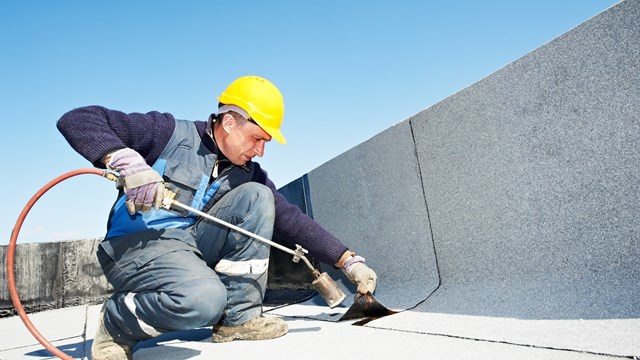Q My co-op allegedly has mold growing inside the central air conditioners. Isn't
this the responsibility of management to clean? There is water inside the units which apparently is causing the mold. The maintenance crew said they will only change the filter but not clean the
unit or remove the standing water. The manager told us it was our
responsibility. What do we do?
—Moldy in Murray Hill
A “The mutual obligations of the unit owner and apartment corporation are set forth
in the co-op’s proprietary lease, bylaws and house rules,” says Michael J. Romer, Esq., a partner at the law firm of Manhattan’s Romer Debbas, LLP. The unit owner here should locate and review these materials. If he or she does not have a copy available, he or she can ask the building’s property manager to make a copy available for review. Generally speaking, a co-op is responsible for structural repairs to the
building which would include all parts of the building except those located
within the interior of the individual apartments. In addition, a co-op is usually responsible for the maintenance and upkeep of
the building’s electrical, plumbing and HVAC systems (including central air conditioning
equipment). However, the building would not be liable for any condition caused
by unit owner negligence. Notwithstanding, as a unit owner in a co-op building
is effectively a tenant, the co-op (i.e. the landlord) has an obligation to
provide the unit owner with a habitable apartment.
“Mold remediation is a very sensitive topic. According to the Insurance
Information Institute, there are over 10,000 mold related lawsuits pending in
state courts throughout the country pertaining to buildings, new and old.
Central air systems can spread mold spores throughout a building especially in
newer buildings which are often air tight. So, it is recommended that a unit
owner, co-op board and managing agent work together to determine if there is an
existing mold problem and, if so, how best to remediate the problem. It is important that no party involved overreact. Insurance plays a key role here and some major insurance carriers are excluding
mold from standard coverage which results in greater costs. The unit owner here
should inquire if the building is insured for mold remediation.
“In this case, it seems that the co-op has already assumed the responsibility of
changing the filters of the units. Therefore, unless the proprietary lease and governing documents say otherwise,
it would not be a reach to expect the co-op to clean the unit and/or remove
standing water from the unit.”







Leave a Comment